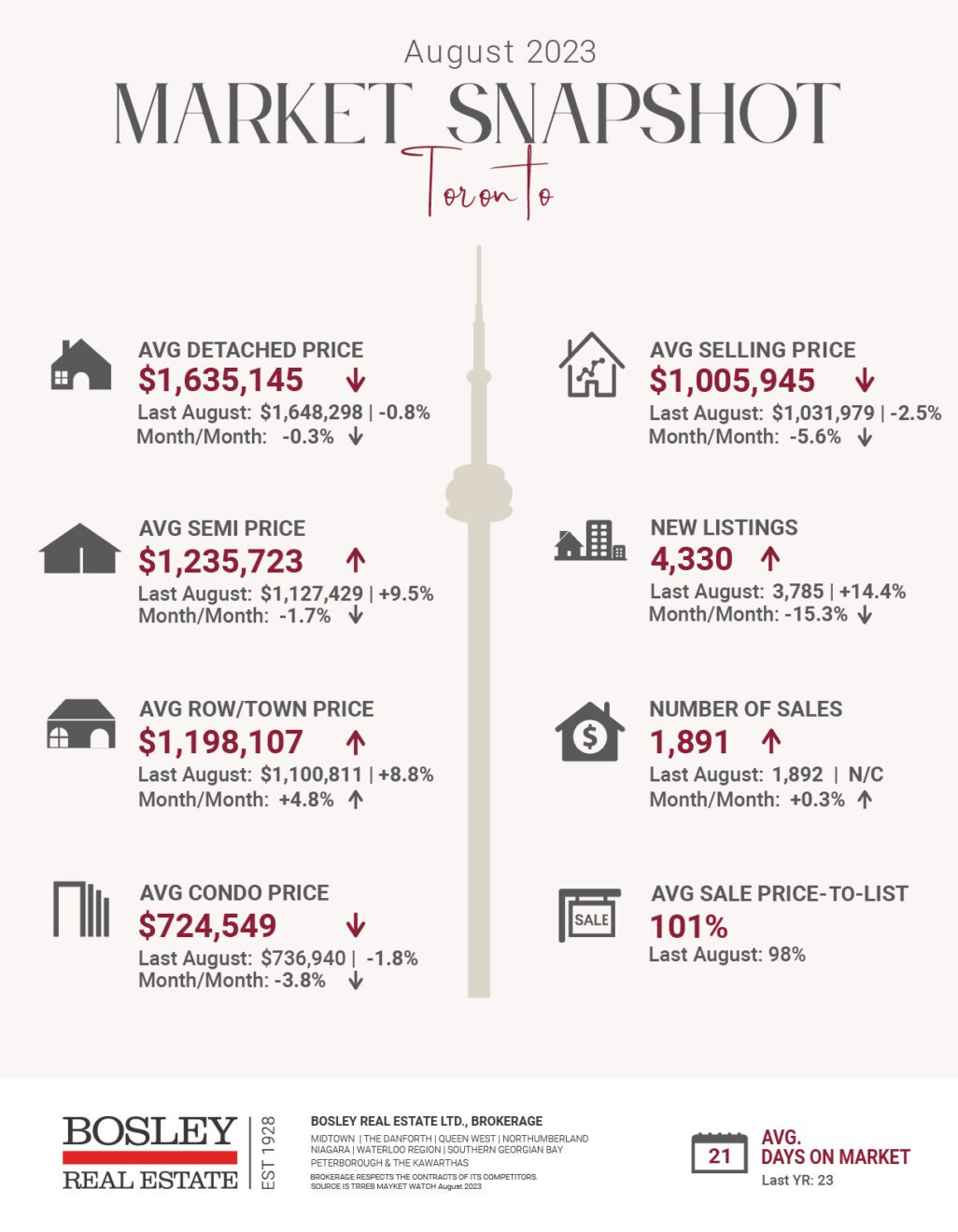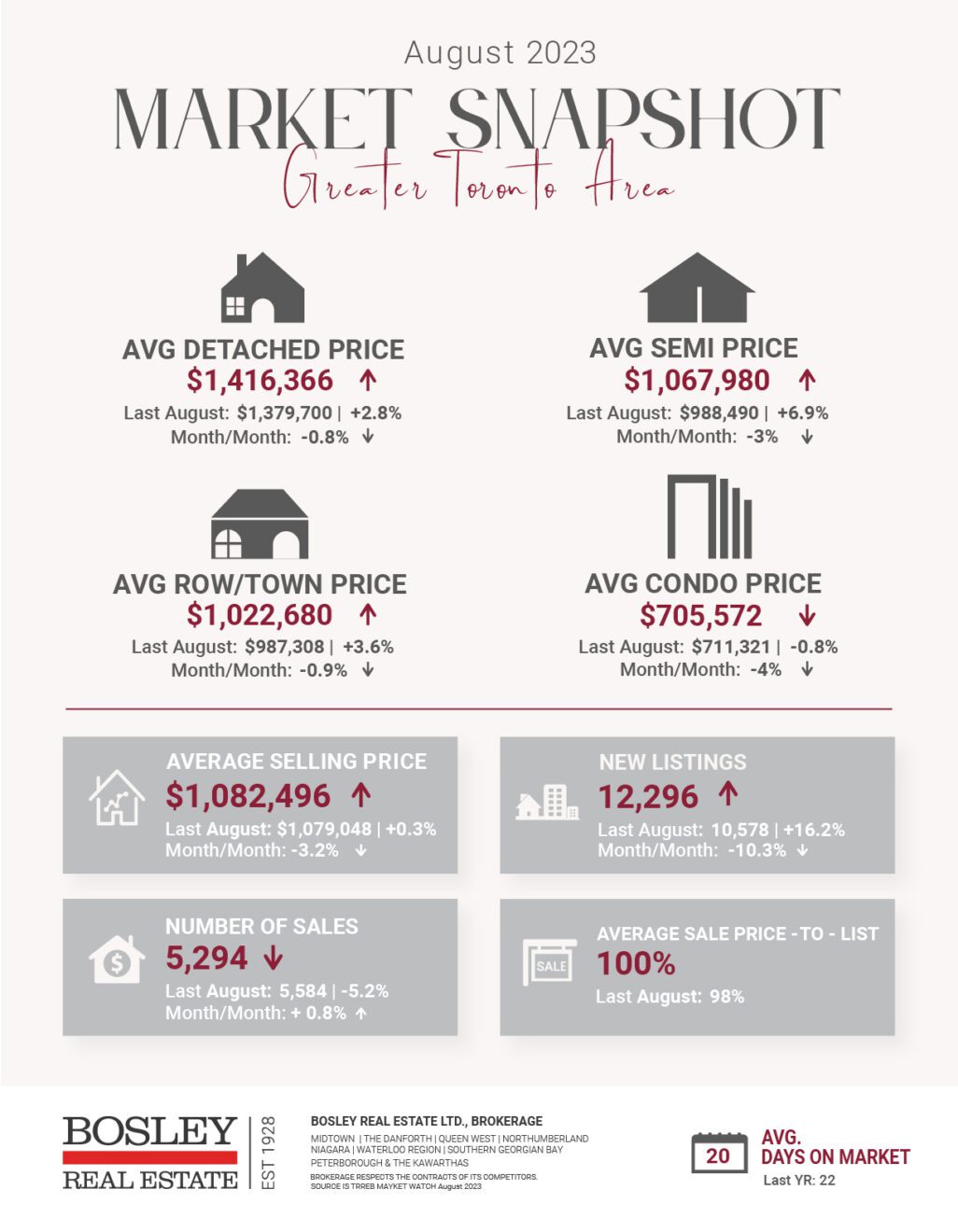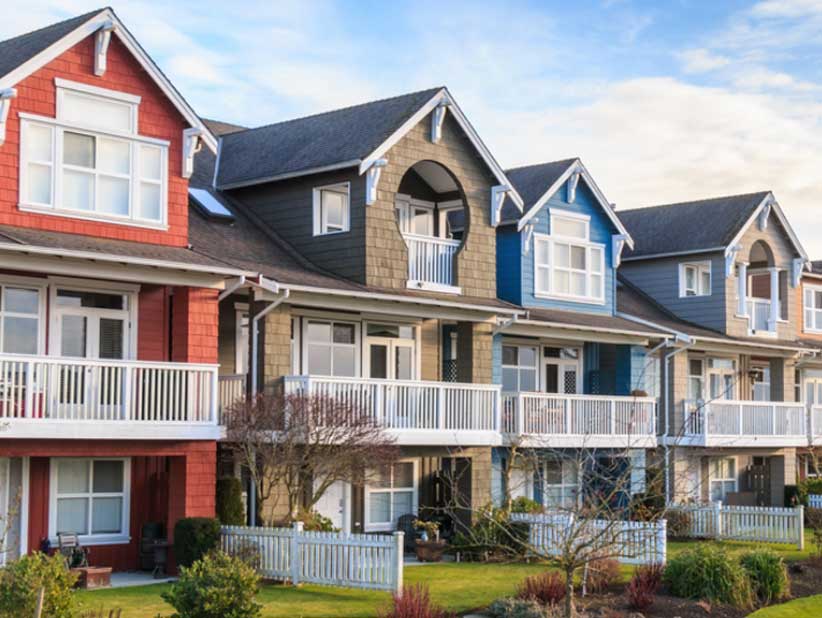


MARKET INSIGHT FOR THE WEEK ENDING September 15th
The industry reacts to the Fed’s removal of the GST on new rental builds.
For years, the real estate development industry has identified GST as a simple change that would go a long way toward helping rental development.
In a bit of a surprising, but very welcome, turn of events, the Government of Canada is eliminating the GST on new rental construction, Prime Minister Justin Trudeau announced on Thursday in London, Ontario, in his remarks to close out the National Caucus Retreat.
Previously, under what was referred to as “self-supply” rules, developers of new rental buildings had to pay the 5% GST on the fair market value of the project — factoring in construction costs and land value, among other things — upon completion. (Rebates are available on units with a fair market value between $350,000 and $450,000, but many find the number too low to be helpful.)
However, developers of strata condominiums could, essentially, bypass the GST because it’s paid by the individual homebuyers.
Building housing is a business, whether we like it or not, and for businesses, if it doesn’t make money, it doesn’t make sense, and this GST issue was a big reason — but not the only reason — why building rental housing didn’t make a lot of.
As much as 15% to 20% of the total cost for a rental project consists of fees that have to be paid before construction can even begin, and although the GST is still 5%, construction costs have gone up in recent years and the 5% is charged on the fair market value of the project, which factors in construction costs, meaning the amount developers have to pay has gone up.
For those who can bear the 5% — along with the elevated costs of borrowing and construction, among other things — and go through with their projects, they inevitably have to charge higher rents to make back their money, so the issue affects renters and the general public as well.
The change was initially promised by the Trudeau-led Liberals, only for them to publicly change their mind in 2017 — after being elected — after realizing they’d be foregoing an estimated $125M in tax revenue per year. During today’s announcement, Trudeau was asked about this flip-flop, and said that the 2017 decision was made because they decided the Rental Construction Financing Initiative would be a better move.
“It was the right program at the time,” Trudeau said. “But now, given interest rates where they are, given the challenges that people have in building new apartment buildings, we realize it’s the right time to step up with removing federal GST on purpose-built apartment buildings.”
It’s better late than never, and the move is being welcomed by most, if not all, in the industry.
The industry has been in broad agreement that this is a measure the government can implement to really encourage additional purpose-built [rental] supply construction.
There does not appear to be too much fine print in the announcement today, but a few questions still need to be addressed. First is the question of whether the GST elimination will be retroactive to projects that recently completed construction, or if only projects that complete construction after today will benefit. Another question is whether there will be any regulations regarding the type of rental product, construction type, or size. It’s also unclear if this policy change will have a sunset clause, such as the foreign buyer ban.
Trudeau also did not announce when the change would be coming into effect, only that they would be introducing legislation to make the change.
Here are the top 5 trending stories of the week:
- Do the ’90s hold clues to what’s next for Canada’s real estate market? “There are “eerily similar circumstances” to today’s rapidly rising interest rate environment and what happened to the housing market in the 1990s when the Bank of Canada raised rates rapidly, a Re/Max executive says. The Bank of Canada raised interest rates from 1.0 per cent in April 2022 to 5.0 per cent in July of this year. In comparison, between February 1994 and January 1995, the central bank raised rates from 7.25 per cent to 10.5 per cent.”
- Our six roundtable pros on where interest rates will send housing next “In our mid-year roundtable, our all-star panel weighs in on what they see for the fall real estate market during the final months of 2023.”
- What’s the fall outlook for Canada’s housing market? “Housing markets across the country are mostly continuing to see more balanced conditions emerge at the onset of fall, according to a new report by Royal Bank of Canada (RBC) assistant chief economist Robert Hogue. Demand-supply imbalances are beginning to correct in the Vancouver, Fraser Valley, Toronto and Hamilton markets, Hogue said, as more sellers begin to list their properties, with Calgary and Edmonton also experiencing rebalancing “to a much lesser degree.”
- More Can Be Done To Fix Canada’s Housing Crisis, But The Feds Need To Act Now “Meister Eckhart, a 13th-century German theologian and philosopher, once said, “The price of inaction is far greater than the cost of making a mistake.” It might be wise for the federal government to heed those prophetic words in light of the current housing supply and affordability crisis facing our country.
- 2023 Canadian Home Selling Report “Canadian real estate experts are torn on the impact of the latest central bank move. Last time the Bank of Canada (BoC) paused interest rate hikes, home prices surged. BMO warns not to expect a replay after the latest BoC pause. The economy is in a very different place these days, and most importantly—unlike last time, there’s no mortgage rate relief on the horizon.”

The Bosley Advantage
Read about the heritage and innovation that form the foundation for Bosley’s industry-leading approach to real estate.








